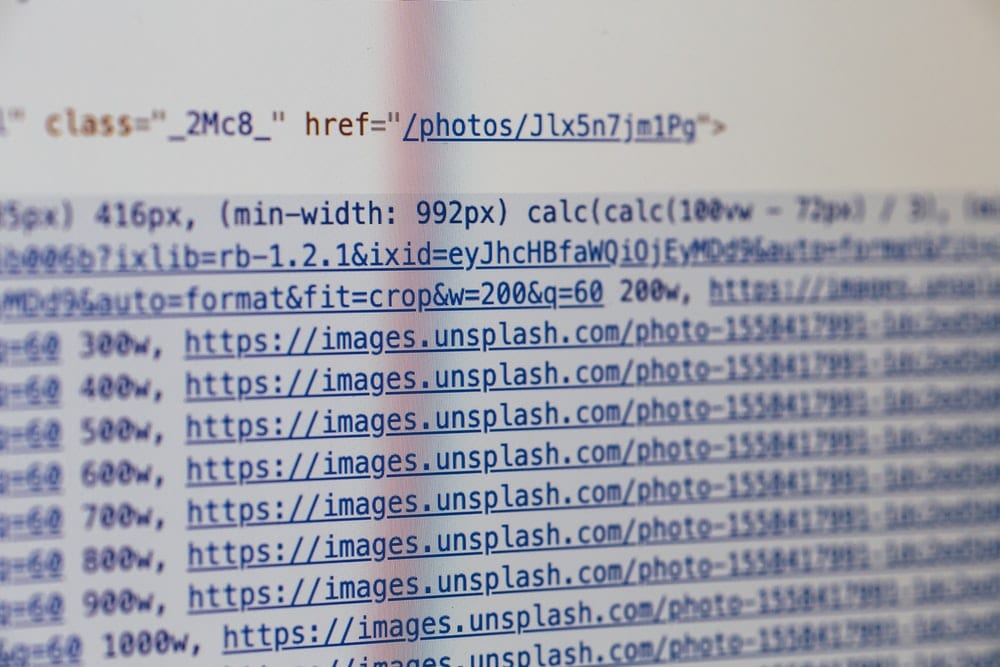Learning HTML is arguably the first step any aspiring web developer should take. In addition to the fact that it’s a component in every web page on the internet, HTML is also just about the easiest thing you can do which still counts as coding.
In this piece we’re going to discuss the basics of HTML and strategies that’ll let you get a jump on using it.
What Is HTML and Why Is It Used?

Hypertext Markup Language (HTML), is used to markup content so that it can be displayed, transformed, or otherwise processed by a web browser.
On its own your browser has no way of telling which text is a title, which contains a link, which should be shown in the browser tab, or anything else. HTML affords a programmer a way of taking a piece of content and ‘tagging’ it with HTML elements to designate what it is and what it’s for.
Paragraphs are wrapped in <p></p> tags, for example, and tags like <div> create little handles that CSS can grab onto for all sorts of advanced styling.
Learning to Code in HTML

Because HTML is relatively straightforward and fundamental to web development, there are approximately 9 billion resources available to learn it.
They’re not all equally good, of course, but here are some highly-recommended ones:
- HTML Quickstart Guide, by ClydeBank Technology. This is a great overview if you’ve never seen HTML before and want the simplest possible introduction.
- HTML & CSS: Design And Build Websites, by Jon Duckett. This is also a good book for HTML newbies. It’s up to you whether you want to move immediately on to CSS as well. Packaging HTML and CSS together in one learning resource is pretty common, and in modern web development the two are intimately tied together.
- Introduction To HTML, via Codecademy. I’ve always maintained that coding has to be learned by doing. Reading is of course fine, but it’s not a substitute for a resource like this one that has you actively coding in-browser.
Are Coding Bootcamps a Good Way to Learn HTML?

If you’re set on the path to becoming a web developer, consider attending a web development bootcamp like Galvanize, Lambda School, or Thinkful.
To be clear, you’re going to be learning a lot in addition to HTML. A web development bootcamp will take you from learning how a browser works to building full-fledged web applications that interact with databases and servers.
But there’s no better way to quickly re-tool as a web developer and HTML rockstar than by immersing yourself in the process fulltime!
About us: Career Karma is a platform designed to help job seekers find, research, and connect with job training programs to advance their careers. Learn about the CK publication.



